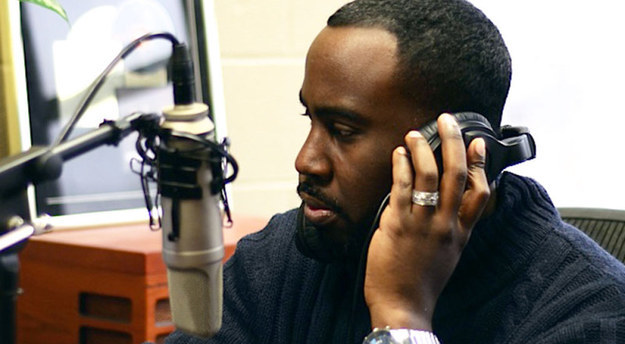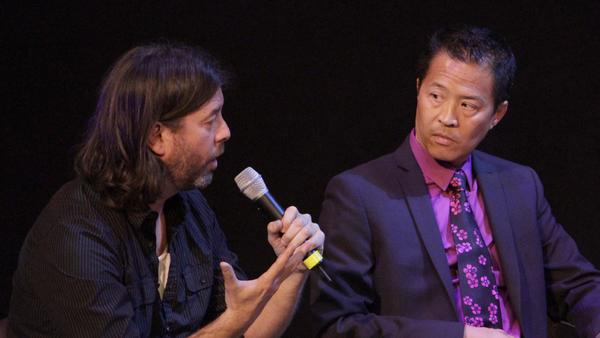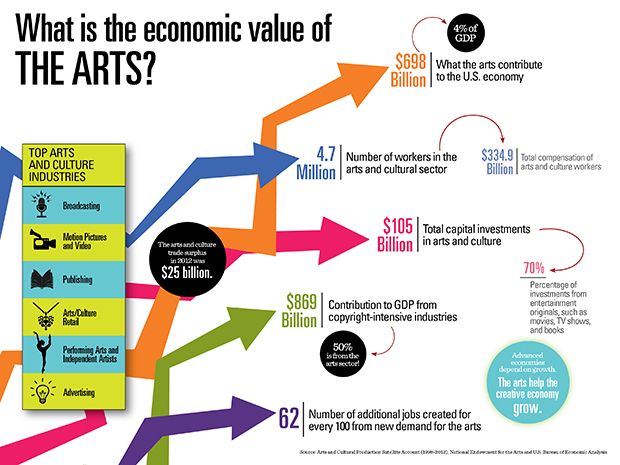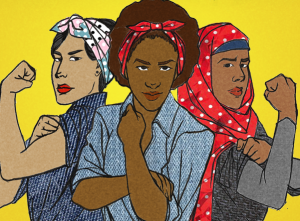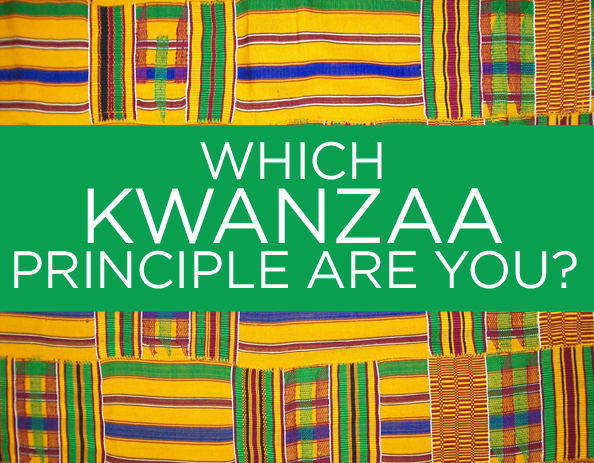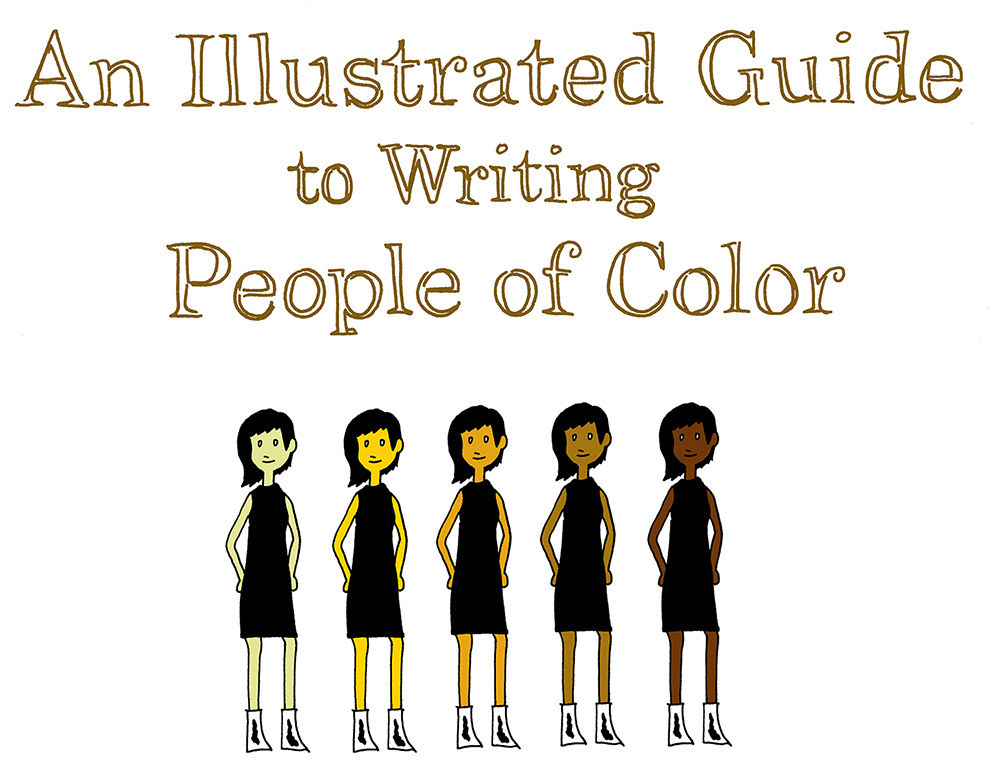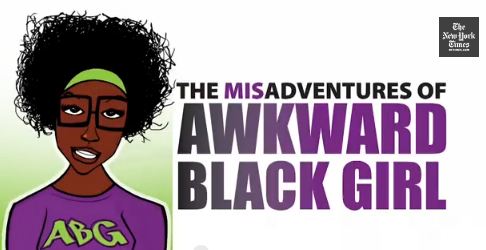Link Roundups feature articles and bits of internet goodness that our dramaturgy team digs up. If you find something you want to send our way, drop us a line on Facebook or Twitter!
♦♦♦♦♦
Buzzfeed featured a story this week by Chenjerai Kumanyika, a public radio producer, about his struggle to reconcile how his non-white voice sounds compared to other public radio hosts:
As I read the script back to myself while editing, I realized that as I was speaking aloud I was also imagining someone else’s voice saying my piece. The voice I was hearing and gradually beginning to imitate was something in between the voice of 99% Invisible host Roman Mars and Serial host Sarah Koenig.
Those two very different voices have many complex and wonderful qualities and I’m a fan of those shows. They also sound like white people. My natural voice — the voice that I use when I am most comfortable — doesn’t sound like that. Thinking about this, I suddenly became self-conscious about the way that I instinctively alter my voice and way of speaking in certain conversational contexts, and I realized that I didn’t want to do that for my first public radio-style piece.
For another take on public radio voice, last week’s This American Life featured a segment on the various criticism the show’s female reporters receive about their speaking voices.
♦♦♦♦♦
This essay from Salon brings up some important factors impacting how creative people get the time and resources to create their work
In my opinion, we do an enormous “let them eat cake” disservice to our community when we obfuscate the circumstances that help us write, publish and in some way succeed. I can’t claim the wealth of the first author (not even close); nor do I have the connections of the second. I don’t have their fame either. But I do have a huge advantage over the writer who is living paycheck to paycheck, or lonely and isolated, or dealing with a medical condition, or working a full-time job.
